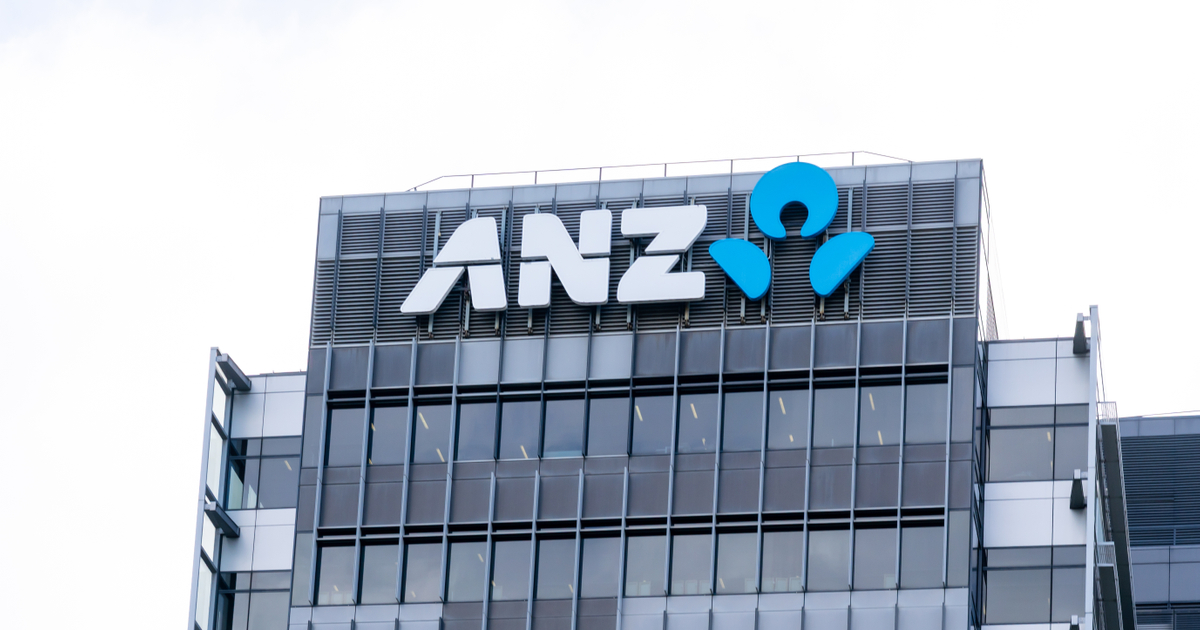EU antitrust probe into $20B Adobe-Figma deal resumes
European Union antitrust regulators have restarted their in-depth investigation into Adobe’s proposed $20 billion acquisition of web-based design platform Figma, […] The post EU antitrust probe into $20B Adobe-Figma deal resumes appeared first on ReadWrite.


European Union antitrust regulators have restarted their in-depth investigation into Adobe’s proposed $20 billion acquisition of web-based design platform Figma, giving themselves until February 5th to reach a decision on the mega tech deal.
According to an Oct. 20 Reuters report, the European Commission, which acts as the EU’s top antitrust watchdog, halted its probe last month while waiting for more information it had requested from Adobe and Figma. Now with responses in hand, regulators will spend the next three months analyzing whether the merger would significantly reduce competition in the market for interactive design software.
Critics argue that by absorbing its rival Figma, Adobe could gain an insurmountable market position
Critics argue that by absorbing its rival Figma, Adobe could gain an insurmountable market position, allowing it to raise prices, degrade services, and hinder innovation for the many product teams and graphic designers who rely on digital design tools.
Figma has seen meteoric growth since its founding in 2012, emerging as a rare competitive threat to Adobe’s long-dominant Photoshop, Illustrator and XD products. If combined, Adobe and Figma would control over 50% of the global market for interactive design platforms, an alarming prospect for many customers.
Regulators will specifically analyze whether Figma’s web-based platform truly represents an innovative alternative to Adobe’s desktop-centric creative suite. Given Figma’s expansive feature set and collaborative abilities, the Commission may conclude that Figma occupies a distinct competitive space that deserves protection from monopolization.
To secure approval, Adobe will likely have to offer remedies to prevent restricted access to Figma’s platform, locked-in pricing, degraded quality, and limited integration with non-Adobe software. These remedies could include firewalling Figma’s operations, maintaining Fima’s software quality, and agreeing to fair pricing clauses.
It remains uncertain whether such behavioral commitments will satisfy the Commission’s concerns or if Adobe will need to make structural changes like divesting Figma outright. In any case, regulators aim to prevent this blockbuster $20 billion deal from severely diminishing competition in the world of digital design. The clock is now ticking for Adobe to assuage antitrust fears before February 5th or face potential rejection of the transformative acquisition.
Featured Image Credit: Photo by Coolcaesar; Thank you!
![]()
Radek Zielinski
Radek Zielinski is an experienced technology and financial journalist with a passion for cybersecurity and futurology.

 Hollif
Hollif 























.jpg&h=630&w=1200&q=100&v=f776164e2b&c=1)








